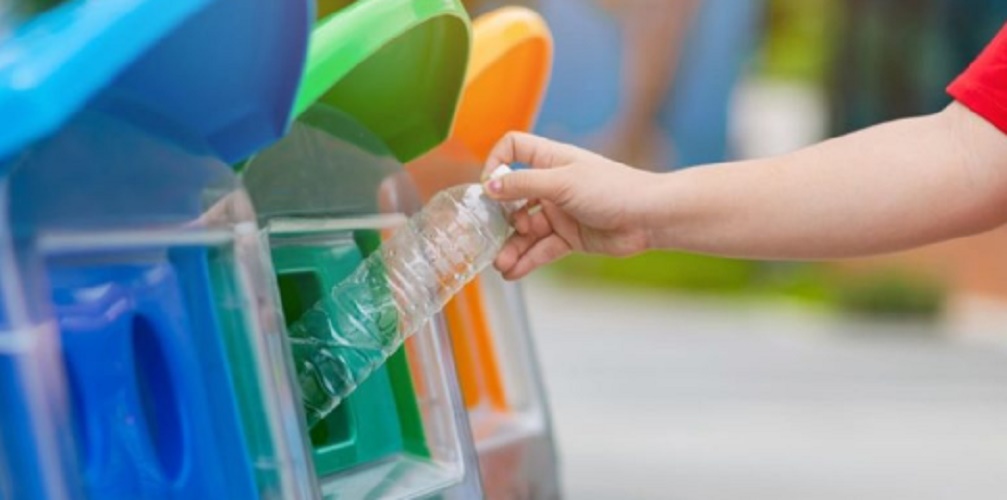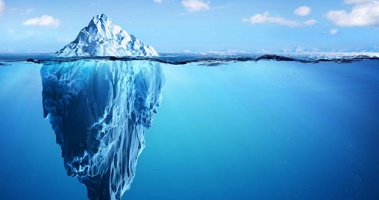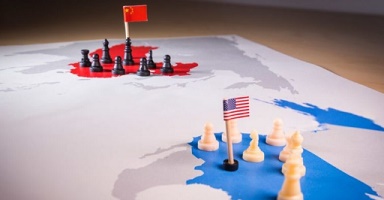What are the three Rs?
We explain what are the three Rs of responsible consumption, the meaning of each and its ecological and economic benefits.
-
What are the three Rs?
In ecology and environmental protection, it is known as the Rule of the 3R or Rule of the three errs to a proposal to modify our consumption habits as a society . It was popularized by the Greenpeace environmental group.
It states that responsible consumption , that is, the application of certain strategies in the management of our waste and material waste can mean a positive ecological change , which has an impact on the environmental quality of the planet.
To this end, Greenpeace proposes the mnemonic rule of the “ 3R ”: Reduce , Reuse and Recycle , three ways to control the amount of solid waste that we throw into the environment and that has a harmful impact on biodiversity .
This concept has proved extremely popular, especially in industrialized nations. It has been politically defended in important meetings such as the one of the G8 2004, where Japanese Prime Minister Koizumi Junichiro proposed this initiative as a path towards sustainable development.
-
Reduce
 Avoiding plastic bags reduces waste production.
Avoiding plastic bags reduces waste production.The first R of ecology has to do with the minimization of waste produced daily in our societies, through a less voracious, less vertiginous and more responsible form of consumption. This proposal contradicts the spirit of marketing and capitalist consumerism .
Reducing means consuming responsibly and consciously, thus decreasing the amount of:
- Unnecessary energy : avoiding leaving lights on, turning off appliances that are not in use, and using appliances (washing machines, dishwashers, dryers) in their proper measure.
- Single use material: as packing material, plastic bags, cutlery, plastic cups and plates, etc.
- Pollutant gases : using cars responsibly, using public transportation, car pooling , etc.
-
Re-use

The second R of ecology states that the materials used should have the longest possible shelf life , instead of being used once and discarded to buy a new one.
Thus, reusing materials as much as possible, the need to consume a new one and produce environmental waste is postponed. This happens by repairing them, giving them a new and creative use, or delaying as much as possible the purchase of a new one.
For example, the other side of printed sheets, plastic bottles, wooden boxes, etc. can also be used.
-
Recycle

The third R of ecology is, perhaps, the one that requires the greatest effort, since it consists in the recycling of waste materials that are still usable , to reinsert them into the production chain as raw material .
This process is particularly important for non-biodegradable recyclable materials, such as certain plastics , cardboard, glass, metal and paper, for example, which can serve as input for the manufacture of new marketable elements .
For example, glass can be recast and serve to make new bottles; paper and cardboard can decompose into pulp and make recycle paper with them; aluminum and copper can be melted and reused, etc.
-
Benefits of the Three R
On the one hand, the benefits of implementing the three erres of ecology have an impact on the environment and the reduction of the ecological footprint of our civilization , which in itself is urgent and priority enough.
On the other hand, they provide economic benefits such as the reduction of superfluous expenses , family savings, the use of recyclable materials as raw material instead of extracting more from nature , etc.
A sustainable development model, which can last over time without incurring crises and catastrophes in the foreseeable future, must necessarily implement this concept of responsible consumption.
-
Importance of the Three R
The importance of defending the environment through the three lands is vital, especially in the post-industrial and consumer-oriented world we live in today, where we want to have everything fast at hand and we want to immediately forget about waste once the hamburger is eaten .
The awareness of the bestial ecological damage that we cause to the planet is the only way to the survival of our own species. The amount of non-biodegradable waste is such that we begin to perceive it even in what we eat.
For example, microplastics are particles of plastic discarded into the sea (garbage bags, especially) whose size is imperceptible but their presence is noticeable, so they are housed inside fish and other animals that we feed on. The three erres of ecology are a way to initiate change before the environment is totally contaminated.





